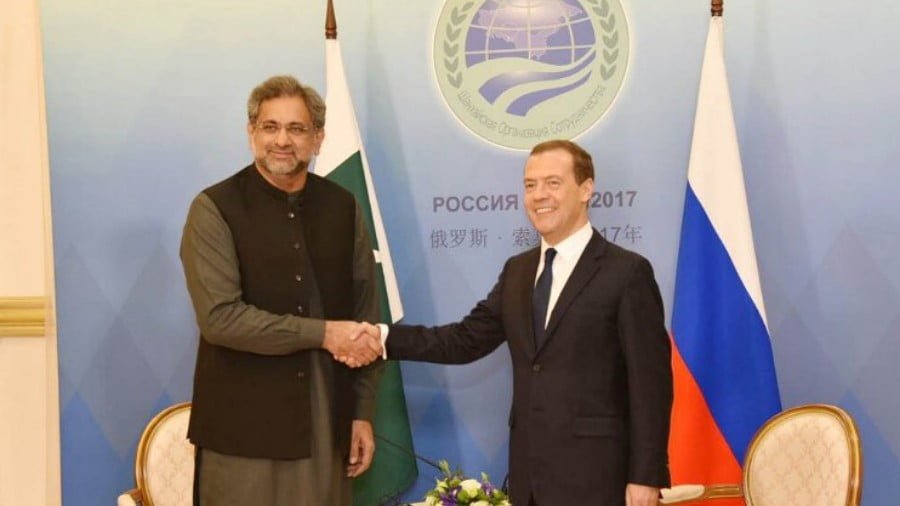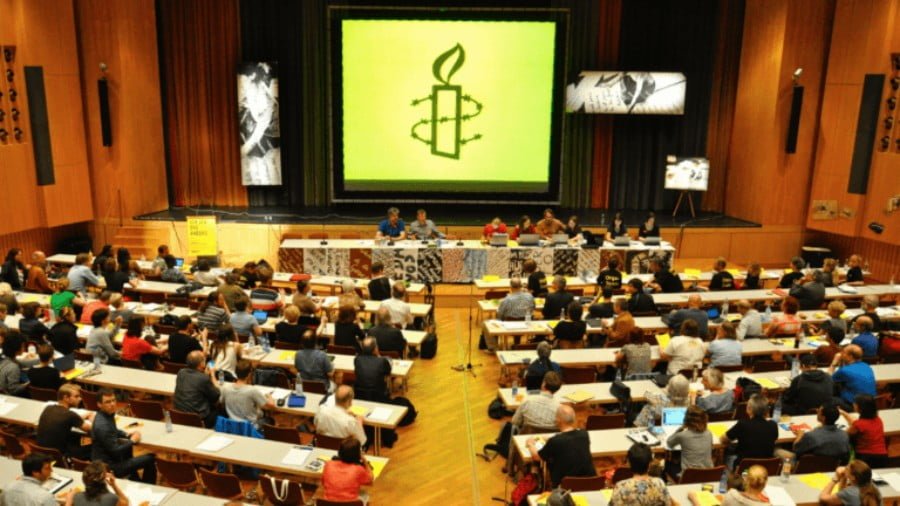China Shouldn’t Have Been Scapegoated During the Presidential Debate
American democracy would best be served by focusing more on domestically relevant facts than rhetorical attacks against foreign countries like China.
The first presidential debate between Trump and Biden saw China presented as the object of their mutual derision, which presented the People’s Republic as a scapegoat for distracting from each other’s controversial stances on key political issues. The incumbent started this topical attack against his opponent by claiming that Biden didn’t want him to “ban China”, referring to Trump’s contentious decision to ban flights from the country at the beginning of the year following the COVID-19 outbreak there.
Trump dramatically said that this move prevented the loss of 10 times as many lives as the US has already lost to the pandemic, which he predicted would have been two million instead of the current 200,000. Biden, for his part, later alleged that Trump didn’t ask President Xi to allow “the people we had on the ground in China…to go to Wuhan and determine for themselves how dangerous this was”, which the President refuted as “wrong”. Biden then mocked Trump for praising President Xi’s transparency during the pandemic.
Trump’s riposte was typical, and that was to repeat his mantra that COVID-19 is “China’s fault.” He then irresponsibly speculated that “you don’t know how many people died in China…they don’t exactly give you a straight count”. Later on in the debate, Trump uttered his infamous “China plague” catchphrase and doubled down on implying the completely unverified claim that China was responsible for the pandemic by stating that it “should never have happened from China.”
On the topic of trade, Biden hit Trump first by mocking his opponent’s “art of the deal” and saying that “China’s perfected the art of the steal.” Trump then interjected by saying that “China ate your lunch”, to which Biden simply repeated that claim right back at him. This prompted the President to reference reports that Biden’s son Hunter “[went] in and [took] billions of dollars” from China, which Biden denied. Trump repeated this allegation later on in the debate and Biden once again denied it as “not true”.
The last reference to China came when Trump accused it of “send[ing] up real dirt into the air” in order to make a point lambasting the so-called “Green New Deal” that Biden immediately distanced himself from. That’s a common response from the President whenever he’s pressured to do more to slow down or potentially reverse climate change. He likes to decontextualize the American contribution to this crisis by focusing only on China’s supposed role in it.
Altogether, both Trump and Biden exploited China as a scapegoat for distracting from their own controversial stances on key political issues. The candidates thought it fitting to attribute different levels of blame to China for COVID-19, Trump more so than Biden obviously, while they also saw the chance to malign its foreign trade practices in order to score points against their opponent. Trump’s bringing up of Hunter Biden’s business relations with China and the country’s role in climate change were irrelevant to electoral issues.
Another conclusion from these candidates’ first televised political confrontation with one another is that Trump might have been wrong about alleging that Biden is backed by Beijing. If he was, then he might not have implied a degree of Chinese complicity in the COVID-19 pandemic, nor mocked phase one of the more comprehensive trade deal that Trump is negotiating with the country. Biden’s behavior questions one of Trump’s arguments against him, namely that his opponent — not he himself — is the real foreign puppet.
All in all, regardless of how one felt about each candidate’s performance during the debate, everyone should realize that China was exploited by both of them as a scapegoat for scoring cheap political points against one another and distracting from their stance on key issues. American democracy would best be served by focusing more on domestically relevant facts than rhetorical attacks against foreign countries like China. Hopefully the next two debates won’t disappoint in this respect like the first one did.







